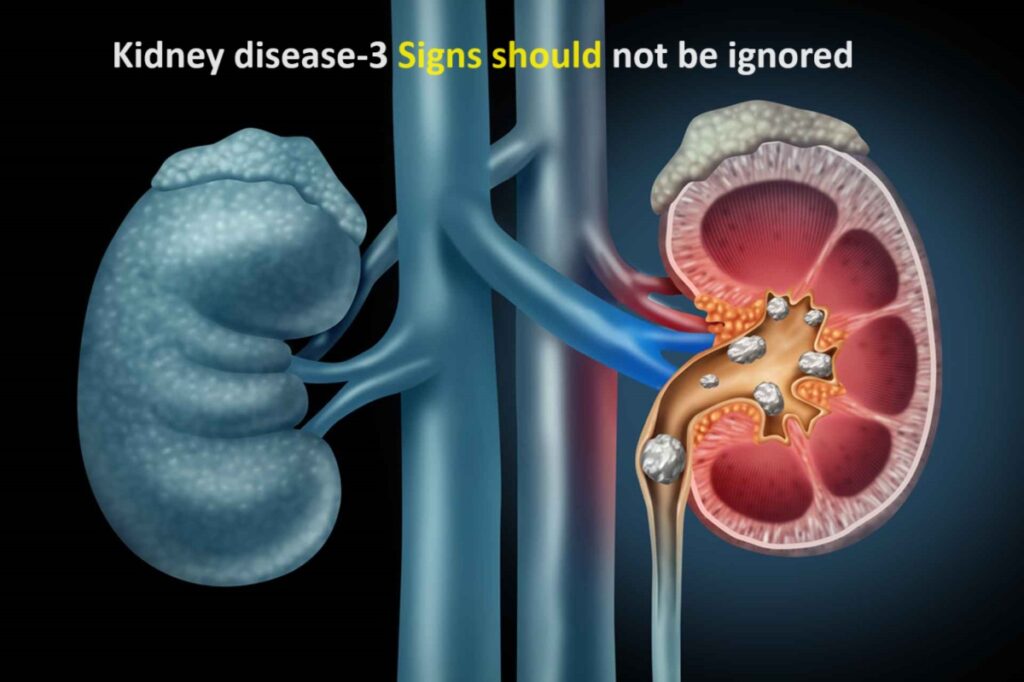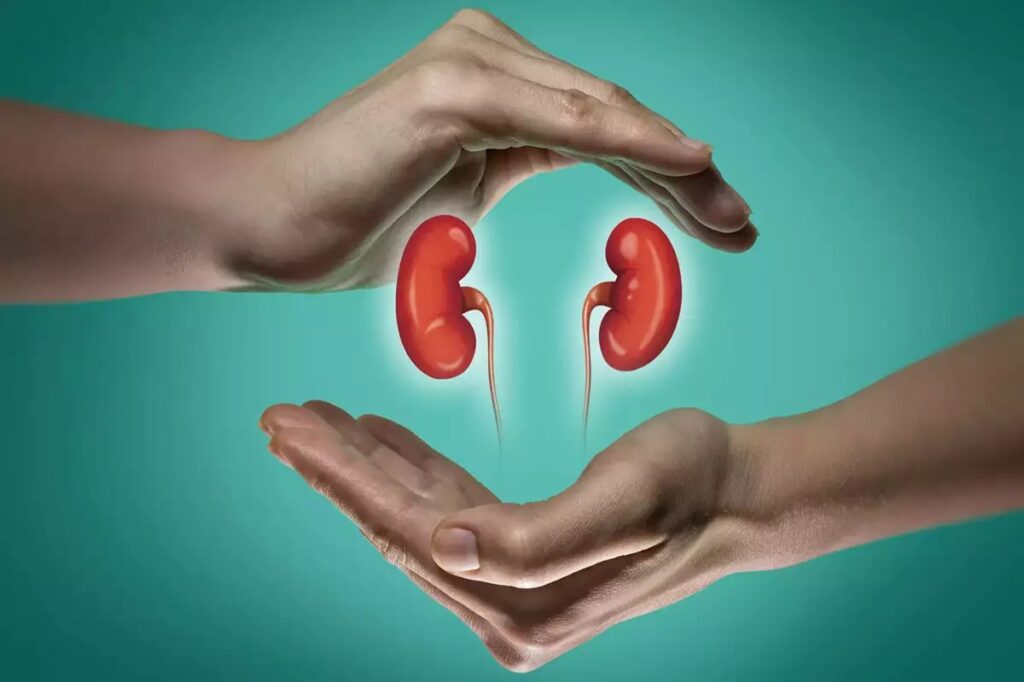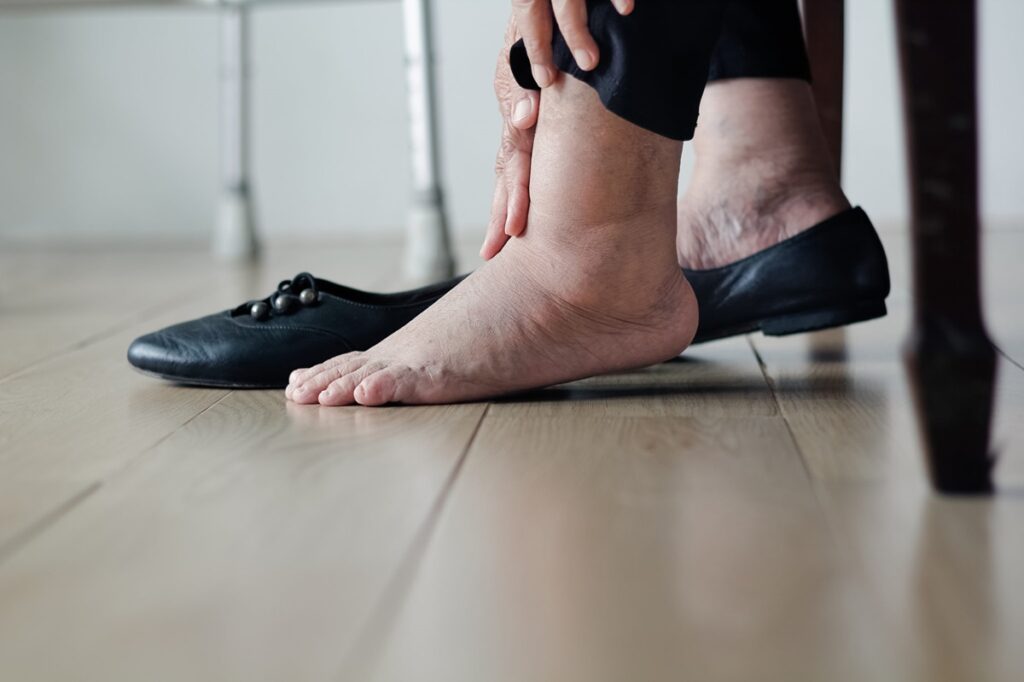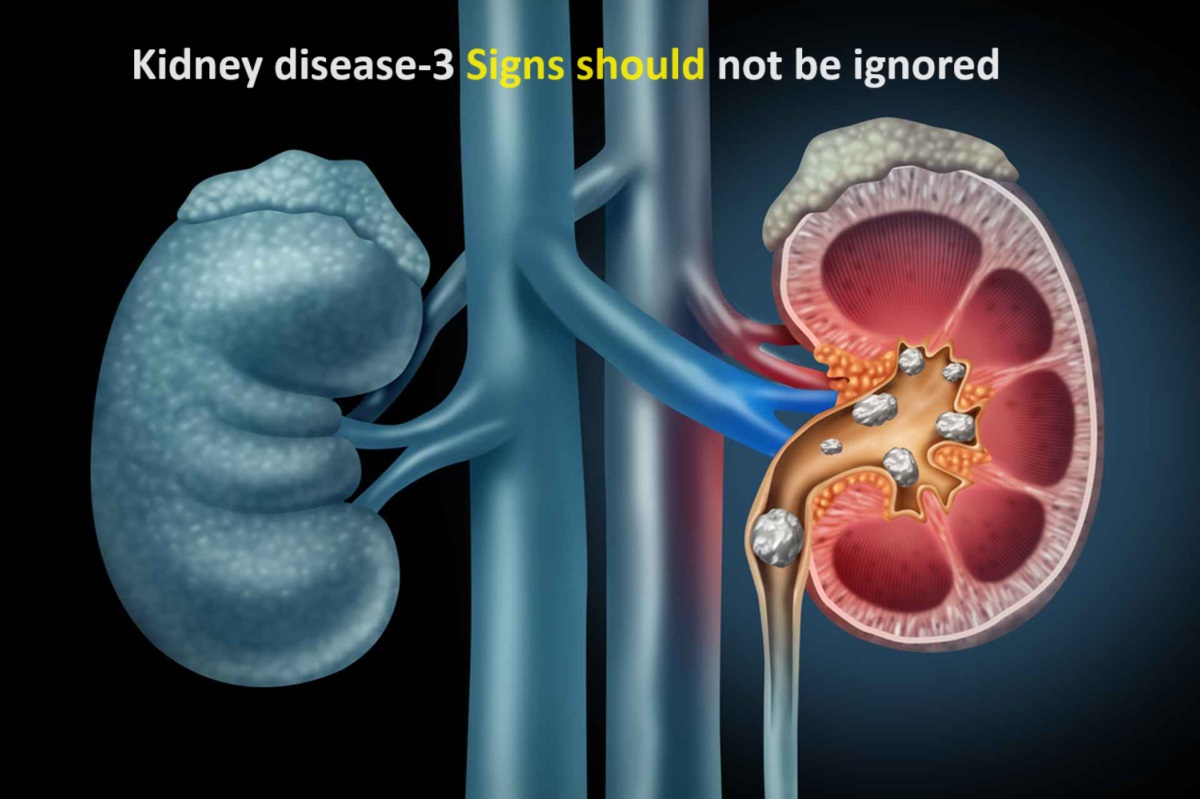
Nowadays kidney disease is very common among people and the most common is the stone. One of the most essential organs in the human body is the kidney. Kidneys are responsible for filtering waste materials from the blood. All these impurities pass through the kidneys and go out through urine.
Apart from this, kidneys also control the level of pH, sodium, and potassium in the body. Kidneys also produce hormones that help in controlling blood pressure and producing red blood cells. Now think, if there is any kind of problem in the kidneys, then how serious can its effect be on the body?
Health experts say that at present a large population of the world is suffering from kidney diseases.
Table of Contents
The important thing is that many people are not even aware of any such problem. Doctors say that people with high blood pressure and diabetes and someone in their family who already has kidney problems may have a higher risk of kidney-related problems. According to health experts, if kidney diseases are detected in time, their treatment is easy, for this you need to pay special attention to the symptoms of the disease. Let us know about some such symptoms in the next slides, which can be a sign of kidney disease. Such symptoms should not be ignored.
What is kidney disease?
Kidney disease can affect your body’s ability to clean the blood, filter excess water from your blood, and control your blood pressure. It may also affect red blood cell production and vitamin D metabolism, which are essential for bone health.
You are born with two kidneys. They are on either side of your spine, just above your waist.
When your kidneys become damaged, waste products and fluids can accumulate in your body. This can cause swelling in your ankles, nausea, weakness, sleeplessness, and trouble breathing. Without treatment, the damage may get worse and your kidneys may eventually stop working. This is serious, and it can be life-threatening.
Kidney function
In a healthy body, healthy kidneys perform many functions, some of which are mentioned below.
>> Maintain the balance of water and minerals (such as sodium, potassium, and phosphorus) in your blood
>> Removes waste from your blood after digestion, muscle activity, and exposure to chemicals or drugs.
>> Make renin, which your body uses to manage your blood pressure
>> Make a chemical called erythropoietin, which prompts your body to make red blood cells
>> Create the active form of vitamin D, which is essential for bone health and other body functions
>> Filter all the blood in your body every 30 minutes.
Types of kidney disease

Chronic Kidney Disease (CKD) A condition in which your kidneys cannot properly filter toxins or excess fluid from your blood. Although how serious the condition is can vary, CKD. Usually gets worse with time. Treatment can slow the progression of the disease.
If CKD If not treated, it can lead to kidney failure. In this stage, called end-stage renal disease (ESRD), the condition must be treated by dialysis or a kidney transplant. Diabetes and Hypertension CKD are the main reasons.
It is estimated that 1 in 7 adult Americans has this disease. However, 40% of people suffering from severe chronic kidney disease do not know that they have this disease.
Other common forms of kidney disease include:
Polycystic kidney disease.
This genetic disorder causes cysts (fluid-filled sacs) to develop in your kidneys, limiting their ability to filter waste from your blood.
Lupus nephritis
Lupus is an auto-immune disease where your immune system attacks your healthy cells. Lupus nephritis occurs when your immune system attacks your kidneys.
Interstitial nephritis
This condition occurs when you have a bad reaction to a medication that limits your kidneys’ ability to filter out toxins. If you stop taking the medicine, your kidney health should improve.
Glomerulonephritis (glomerular disease)
Glomeruli are thousands of tiny filters that remove waste from your blood in your kidneys. This condition damages them, and your kidneys may not function properly. Glomeruli can also become inflamed after a strep infection.
APOL1-mediated kidney disease
Normally, the APOL1 gene helps make immune system proteins, but if you inherit a mutated version of the gene from both your parents, you may have a higher risk of developing kidney disease. If you identify as Black, African American, Afro-Caribbean, or Latina/Latino, you may be more likely to have this gene mutation.
Long-term viral diseases
HIV and AIDS, hepatitis B, and hepatitis C can cause kidney disease.
Pyelonephritis
This is a urinary tract infection within the kidney, which may result in scarring as the infection heals. If this happens several times it can cause kidney damage.
Symptoms of kidney disease
Your kidneys are very adaptable. They can offset some of the problems you may have if you have kidney disease. So if your kidney damage gradually gets worse, your symptoms will appear gradually over time. You may not feel symptoms until your disease becomes severe.
You may have:
>> High blood pressure
>> Nausea and vomiting
>> Loss of appetite
>> Metallic taste in your mouth
>> Tiredness
>> Weakness
>> Trouble thinking
>> Sleep problems
>> Muscle cramps and spasms
>> Swelling in your feet and ankles
>> Itching that doesn’t go away
>> Chest pain occurs if fluid accumulates around the lining of the heart.
>> Difficulty breathing due to accumulation of fluid in the lungs
Diet for kidney disease
Your doctor may put you on a special diet that is low in sodium, protein, potassium, and phosphate.
This diet is helpful because if your kidneys become damaged, it becomes harder for them to filter nutrients out of your blood. A special diet means your kidneys don’t have to work as hard.
You may also have limits on how much water you can have in the foods you eat and how much water you drink. A kidney diet specialist called a renal dietitian, can help you. Your doctor can refer you to someone. They are also in a position to advise that you take certain levels of vitamins and minerals, including calcium and vitamin D.
If you have diabetes or high blood pressure, you’ll need to follow your doctor’s dietary advice if you have one or both of these conditions in addition to kidney disease. With diabetes, it is important to make the right food choices so that your blood sugar levels remain under control throughout the day. And if you have high blood pressure, you may need a low-salt diet to help control it.
3 Signs should not be ignored
Three signs should not be ignored if you have some kidney disease. Please have a go-through and learn something.
1. Do not take the problem of urination lightly
Doctors say that any kind of problem with urination should not be ignored, it can be a sign of kidney disease. Normally urine is produced by the kidneys, so if the kidneys do not function properly then there may be a change in the color of urine or other problems related to urination. The feeling of frequent urination, an unusual smell from urine, the formation of foam in the urine, bleeding, etc. should not be ignored, these can be signs of kidney problems.
2. Swelling in feet or ankles

Doctors explain that when the kidneys are unable to remove fluid normally, there may be swelling in the feet, ankles, and even hands. If unusual swelling in the legs persists for a few days, then consult a doctor about it, it can also be a sign of kidney disease.
3. Skin problems
Health experts say, if you are facing skin-related problems for a long time, it could be a sign of kidney disease. When the kidneys are not able to maintain the proper balance of minerals and nutrients in the blood, then in such a situation you may have the problem of dryness of the skin or itching in the skin. If the problem of any abnormal change in the skin persists for a long time, then definitely consult a doctor about it.
Ways to keep kidneys healthy
Doctors say that by making changes in lifestyle and maintaining good eating habits, you can keep your kidneys healthy. If you regularly take over-the-counter (OTC) pain medication, it may cause kidney damage.
Apart from this, to keep kidneys healthy, do not smoke and drink at least 3-4 liters of water a day. Junk and too much spicy food can also cause kidney damage. People who have diabetes should pay special attention to controlling sugar levels. Due to the increase in sugar, the risk of kidney damage is highest.
FAQ,s
What are the three early warning signs of kidney disease?
CKD There are no early warning signs. Your doctor will check the condition through regular blood and urine tests.
Can kidney disease be cured?
Although you can take steps to slow the progression of chronic kidney disease, there is no cure. Advanced kidney disease must be treated with dialysis or kidney transplantation.
Is kidney disease hereditary?
Yes, kidney disease can be caused by gene mutations passed from parent to child. If parents have the gene mutation – or they are carriers of it – there is a chance they may pass the gene that causes kidney disease to their child.
Disclaimer:
All the articles published in “Health Alpha” are prepared based on various sources like doctors, the internet, experts, and books. The facts and information mentioned in the article have been checked and verified by Health Alpha.
All instructions have been followed while preparing this article. The related article has been prepared to increase the information and awareness of the reader. Health Alpha does not make any claims nor take any responsibility regarding the information and information provided in the article.
For more information about the related diseases mentioned in the above article, consult your doctor and do not take any medicine without medical advice.
Views: 0



